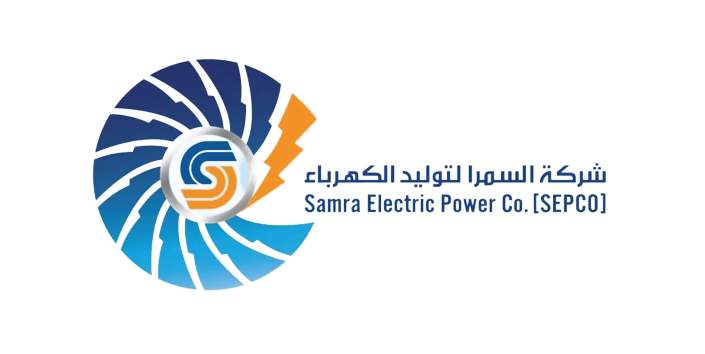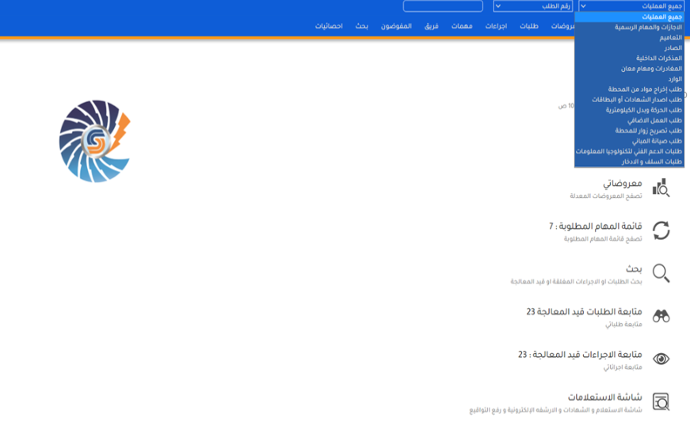SEPCO

Samra Electric Power Company, a private shareholding company,
established by the Government of the Hashemite Kingdom of
Jordan on 20/04/2004 in implementation n the Council of Ministers
the decision in its session held on 26/08/2003 to establish a company
that undertakes electrical years activity and is wholly owned by the
government with a capital of 51 million Jordanian Dinars.
Al-Samra was keen to raise the efficiency of institutional
performance, which culminated in obtaining many quality and
environment certificates and various awards. It employs about 350-400 employees.

Objective:
Al-Samra Company has more than five sites in various regions of the Hashemite Kingdom of Jordan,
and this requires the presence of documented communication between these sites, and here comes
the importance of incoming and outgoing, obtaining approvals, and the need for administrative
exchange.
the integration is made with the SEPCO database to read all the necessary data regarding the
employee, such as the total balance for leaving, and some data related to the process are also
inserting, which became more efficient instead of an employee inserting data, the system calculates
it automatically based on the workflow procedures.
For example, if a vacation request is submitted, and is approved, it will be transferred to SEPCO
database system.
Steps to work on the project:
Constant communication is made with the company to find out the progress of work procedures in
line with their practical developments, especially the administrative hierarchy.
Benefits of the WFGEN system:
Receiving an SMS If your request is approved.
Sending an automatic email to multiple users.
Exporting an internal note with an official logo.
Follow-up on the request.
Print certificates or models for sick leave.
Create statistics for each department or directorate.
Posting the request to the archiving system to be searched for and accessed based on the
data.